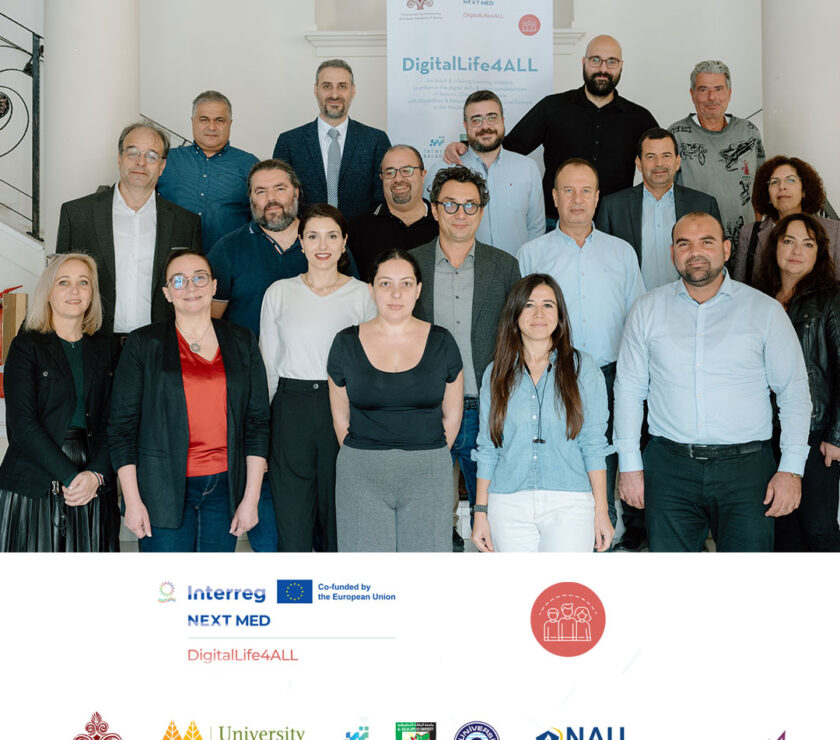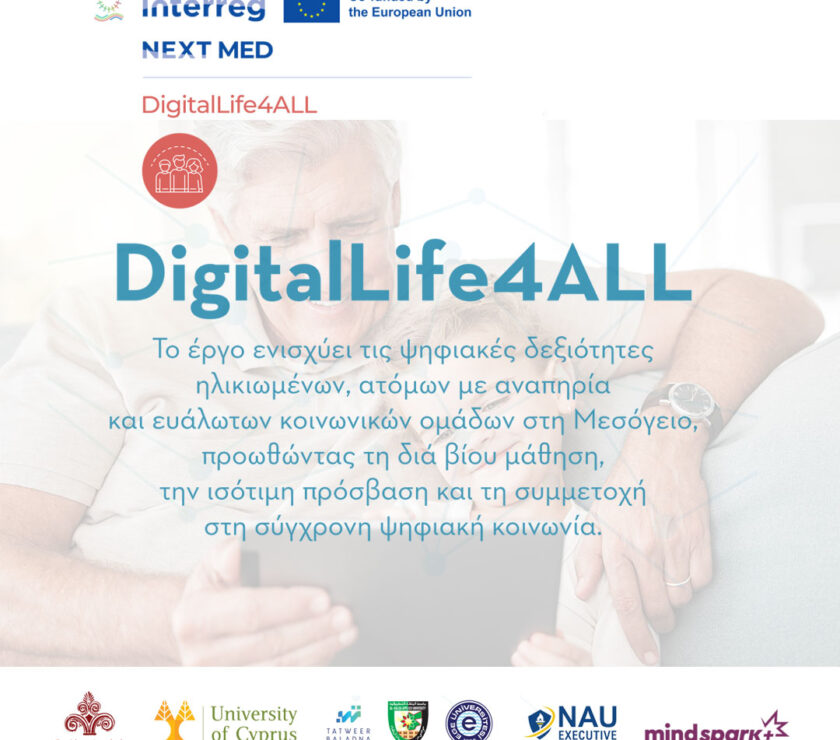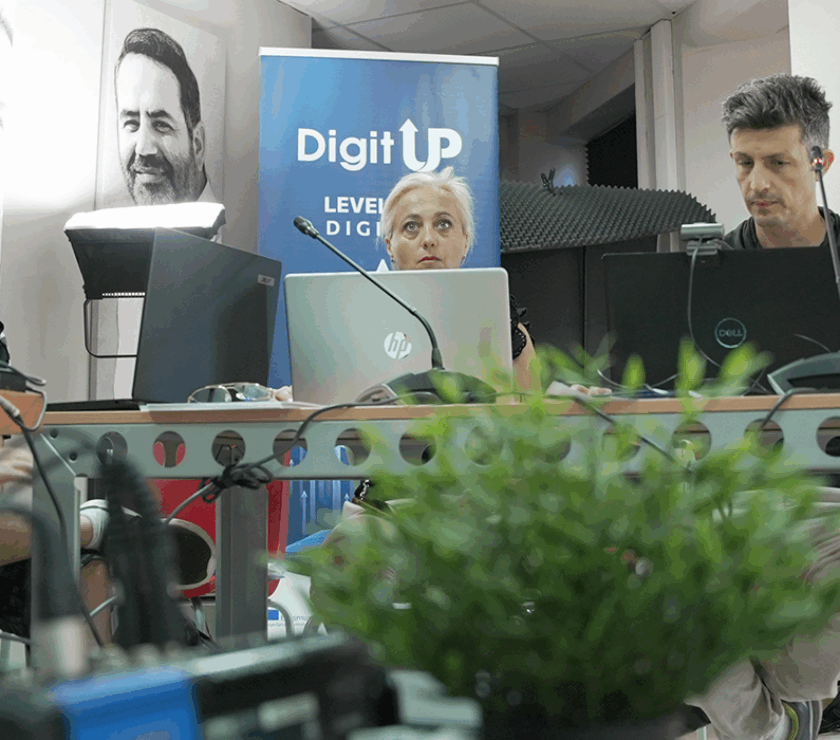30 young people from 6 countries “checked the truth” – through a ten-day period of knowledge, collaboration and creation
Alexandroupolis, 13 June 2025 – The European programme “Double Check”, which was hosted from 3 to 12 June at Mindspark+ in Alexandroupolis, was a great success, bringing together 30 young people from Greece, Spain, Latvia, Portugal, Portugal, Romania and Norway.
The programme focused on misinformation, critical thinking and responsible digital participation, offering participants a multidimensional learning journey, combining experiential workshops, theory and creativity.
HIGHLIGHTS
The participants also visited e-evros.gr, one of the most popular local media in the centre of Alexandroupolis. Thanos Tsiakpinis, Computer and Information Technology Engineer and founder of e-evros.gr, welcomed them warmly and shared with them the philosophy, values and principles that govern the operation of the medium. Through a meaningful and interactive discussion, he highlighted the importance of responsible and reliable information, the need to verify information and the role that a digital medium is called upon to play in the fight against misinformation.
During the visit, a lively dialogue with many questions and answers took place, demonstrating young people’s genuine interest in how a medium works.
Scientific Background & Basic Principles
Dr Ilias Nikezis from the Aristotle University of Thessaloniki, senior reseracher at Peace Journalism Lab, presented the basic theoretical approaches to misinformation, highlighting the importance of understanding the phenomenon and its scientific treatment.
Manipulation and Disinformation
Leonidas Skerletopoulos, acommunication specialist, researcher at the Peaceful Journalism Lab of the Aristotle University of Thessaloniki and former Board member at the International Social Marketing Association (iSMA), focused on the behavioural dimension of misinformation, analysing concepts such as heuristics and cognitive shortcuts, cognitive biases and basic rhetorical fallacies.
Participants created their own “fallacies”, identified examples from the internet and gained practical tools to deal with digital misinformation in their daily lives.
New Technologies and Disinformation
Konstantinos Ordoumbouzianis, an expert in digital communication, presented how new artificial intelligence (AI) technologies are shaping the modern communication environment. He analysed the opportunities and risks that arise, especially when “smart” tools are put in the hands of ordinary users and can create or manipulate content such as fake news, manipulated videos and deepfakes.
Participants had the opportunity to see examples of AI manipulation, understand how they are produced and discuss ways to detect and respond.
Content Creation, Activities & Tools
Participants worked in small groups and created “fake news” videos as training tools, a board game and engaged in bonding and collaboration activities.
In addition, the young people were trained in basic tactics to identify fake news, such as source checking, reverse image search, headline and metadata analysis, digital disinformation detection techniques.
Alexandroupolis: Living the City
In addition to the workshops and interactive educational activities, participants had the opportunity to get to know Alexandroupolis in summer rhythms, through outdoor activities, walks and visits.
They walked along the coastal front, enjoyed the local landscapes and got to know the daily life of the city, while participating in group cohesion and creative expression activities in open spaces. They visited the area of Agia Paraskevi, combining contact with nature and the sea as a space for reflection and dialogue. The evenings ended with musical evenings, intercultural games and exchanges of experiences, reinforcing the spirit of cooperation and friendship that characterised the whole programme.
Double Check was not just an educational project – it was a holistic experience that connected knowledge with place, creation with community and Europe with Alexandroupolis.
Follow the development of the project through the website: mindsparkplus.com/double-check
Coordination & Implementation Team
The programme was implemented by Mindspark Plus, with Project Manager Apostolos Alexiadis and Operations Coordinator Eleni Skkertopoulou, in collaboration with a team of facilitators and experts, who created a unique educational experience.

The project was funded by the Erasmus+ programme of the European Union, through the INEDIBIM National Unit.
















































